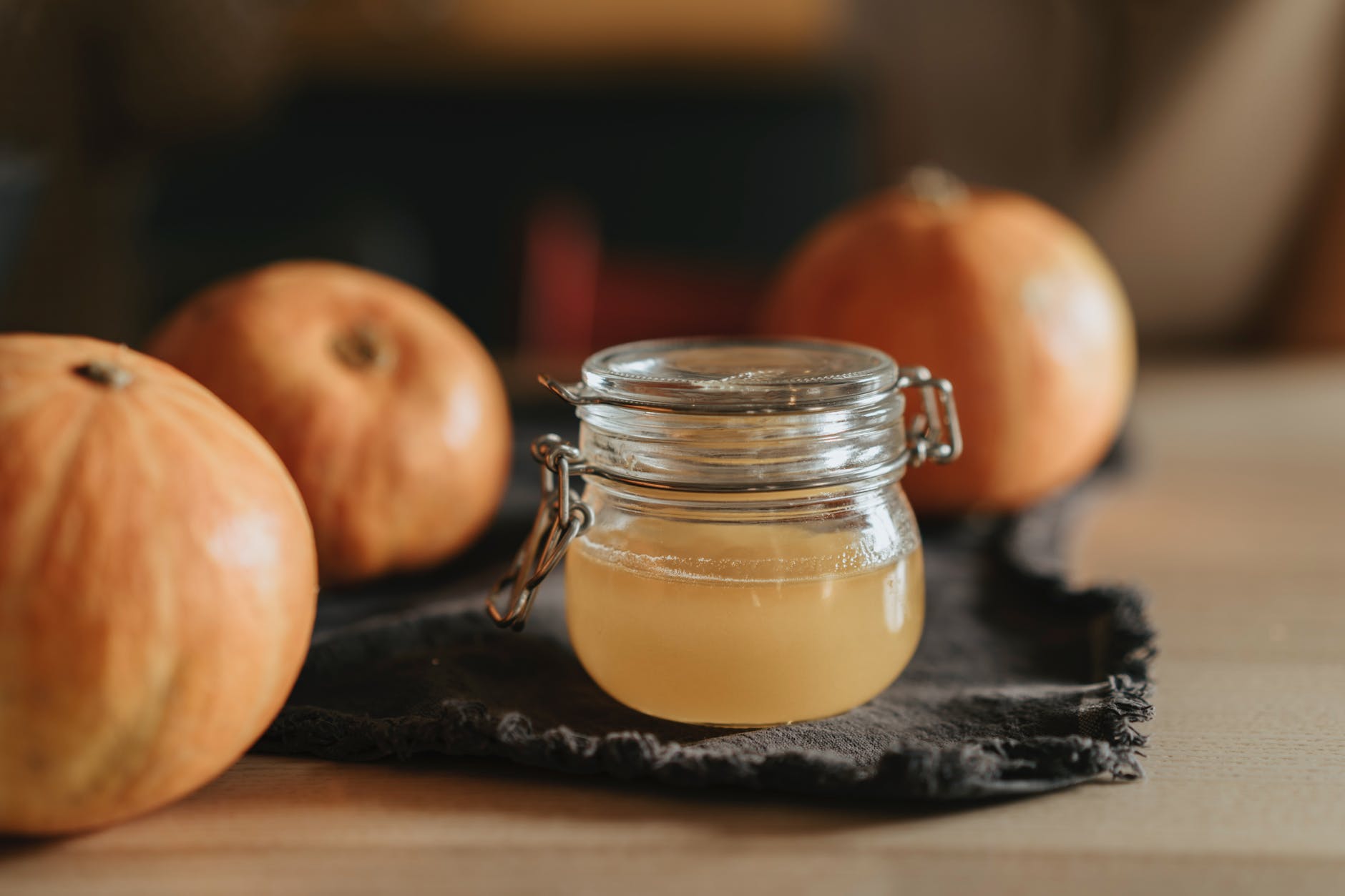
Introduction:
Apple cider vinegar, a household staple, has been touted for its myriad health benefits. One of the most discussed is its potential role in preventing and treating kidney stones. This guide delves deep into the science, testimonials, and expert opinions surrounding this topic.
1. The Origins of Apple Cider Vinegar
Historical Use:
For centuries, ACV has been used in traditional medicine for its therapeutic properties, from aiding digestion to treating wounds.
Production Process:
ACV is produced by fermenting the sugars from apples. This turns them into acetic acid, the primary active ingredient in vinegar.
2. Kidney Stones: A Brief Overview
What are they?
Kidney stones are hard deposits made of minerals and salts that form inside the kidneys. They can be excruciating and lead to other complications if not addressed.
Common Causes:
- Dehydration
- High protein, salt, or sugar diet
- Obesity
- Certain medical conditions
3. ACV and Kidney Stones: The Science Behind It
Potential Benefits:
- Altering Urine Composition: ACV might help in making urine more acidic, which can dissolve certain types of stones.
- Reducing Oxalate Levels: A significant contributor to calcium oxalate stones.
Research Studies:
While definitive large-scale studies are lacking, preliminary research and anecdotal evidence suggest ACV might aid in preventing and dissolving kidney stones.
4. Using ACV: Dosage, Methods, and Precautions
Dosage:
- Standard: 1-2 tablespoons diluted in a large glass of water, taken daily.
Methods:
- ACV and Lemon Juice: Combining ACV with lemon juice can enhance its stone-fighting properties.
- ACV and Olive Oil: This mixture is believed to lubricate the urinary tract, making it easier to pass stones.
Precautions:
- Always dilute ACV to prevent tooth enamel erosion or stomach issues.
- Consult with a healthcare professional before starting any new treatment.
5. Beyond Liquid: ACV Supplements and Alternatives
ACV Pills and Gummies:
- Offer a taste-free alternative.
- Ensure you choose reputable brands to get genuine benefits.
Other Natural Remedies:
- Hydration: The most recommended preventive measure.
- Pomegranate Juice: May reduce urine acidity.
- Nettle Leaf Tea: Helps in flushing out toxins.
6. Real-life Testimonials: What Do People Say?
Online Forums:
Platforms like Reddit and health forums are rife with personal stories, both positive and skeptical, about ACV’s efficacy.
YouTube Journeys:
Many have documented their ACV and kidney stone journey, providing a mix of successes and lessons.
7. Expert Opinions: What Do Doctors Think?
While many doctors see ACV as a potential complementary treatment, they emphasize:
- The importance of traditional treatments.
- The need for more research on ACV’s efficacy.
8. Frequently Asked Questions
Q: Can I consume ACV daily?
A: Yes, but always diluted and in moderation.
Q: Are there risks associated with ACV?
A: Overconsumption can lead to low potassium levels, digestive issues, and tooth enamel erosion.
Q: How soon can I see results?
A: It varies. Some report relief in days, while others take weeks or even months.
9. The Verdict: Should You Try ACV for Kidney Stones?
While ACV shows promise, it’s essential to approach it as a complementary remedy. Always prioritize medical advice and treatments. As research evolves, we hope to see clearer guidelines on ACV’s role in kidney health.
Conclusion:
Apple cider vinegar’s potential benefits for kidney stones are intriguing. By staying informed and cautious, individuals can explore this natural remedy’s potential while ensuring their health remains a top priority.
Tags: Apple Cider Vinegar, Kidney Stones, Natural Remedies, ACV Benefits, Kidney Health, ACV Dosage, ACV Pills, ACV Gummies, Kidney Stone Prevention, ACV Research.








